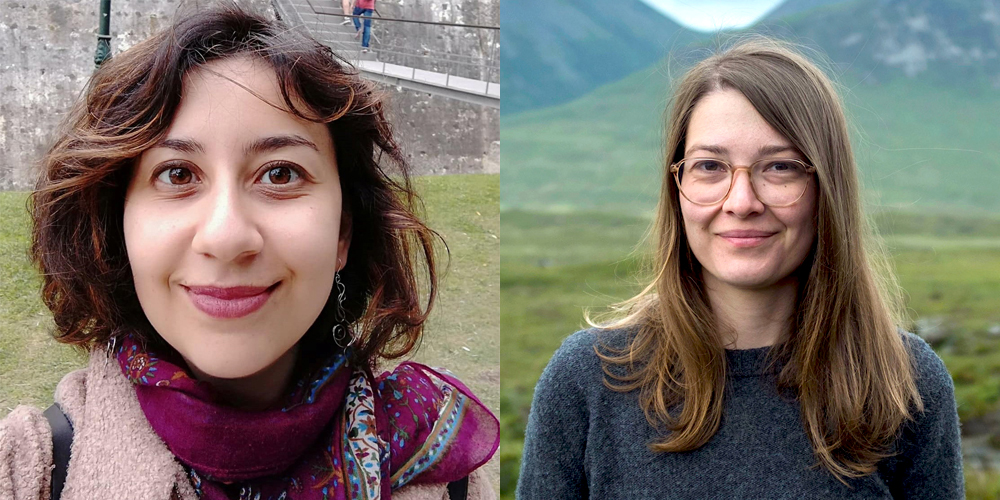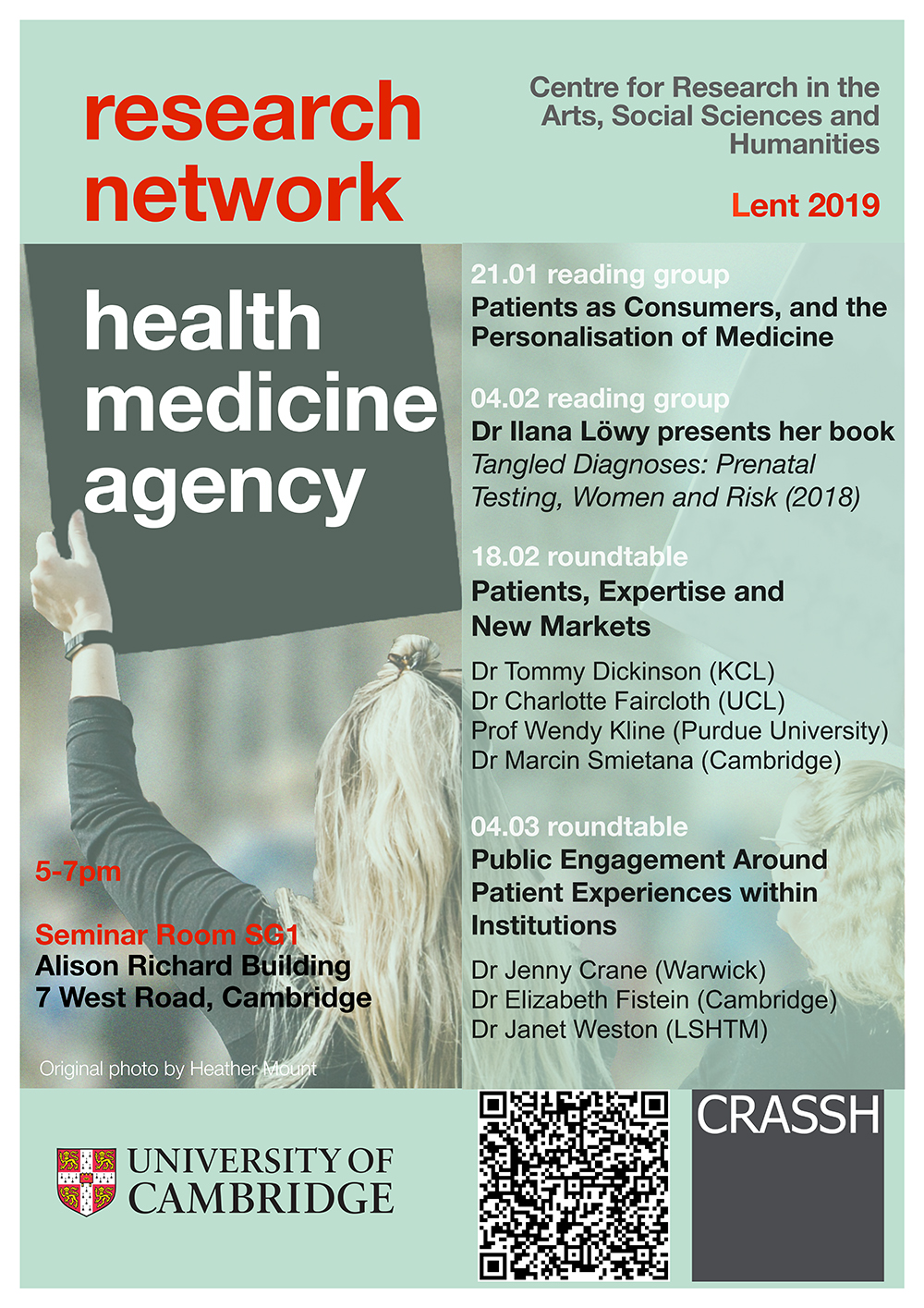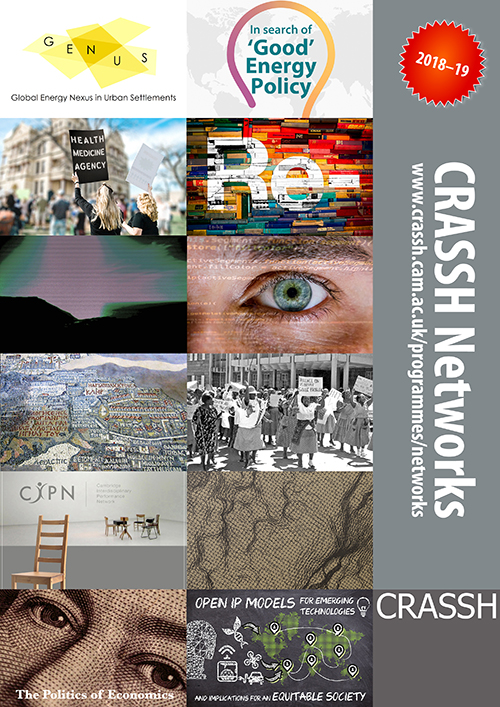Health, Medicine and Agency (HMA) is one of twelve interdisciplinary CRASSH Research Networks running fortnightly seminars in the 2018–19 academic year. Imke van Heerden asked convenors Hande Güzel and Yuliya Hilevych to introduce the activities and aims of this new network.

Hande Güzel and Yuliya Hilevych
Q. Hande and Yuliya, how did Health, Medicine and Agency (HMA) come about?
HMA originated from the burgeoning need across the university to bring together academics and researchers who work on different facets of health, illness and medicine, yet who do not necessarily collaborate. The network provides the necessary hub to create a dialogue between those who practice medicine and those who research it.
Q. By definition, a CRASSH Research Network has an interdisciplinary question at its core. What’s yours?
HMA heavily relies on bridging the gap between practitioners and researchers of medicine, and the question we ask is: In what ways do individuals influence the kinds of medical treatment options widely available? Much of what is done in social studies of health, illness and medicine carries the danger of sacrificing praxis for theory. Our network is an attempt to establish this balance. Furthermore, we invite all attendees to think about creative ways of self-expression in relation to academic research in the field. Hence, we have sessions coming up on public engagement and performative arts.
Q. Could you tell us a bit more about this year’s convenors, speakers and attendees and the perspectives they bring to the discussion?
The convenors of HMA come from a variety of backgrounds and are at different stages of their career. We have PhD students and post-docs from Sociology, Social Anthropology, History, and Public Health and Primary Care. Our speakers have come from institutions across the UK and Europe to reflect on problems such as patients’ needs, inequalities in health, and new medical technologies. They have shared a wide variety of exciting and stimulating research that generated discussions around embodiment, gender, and race, among others.
Q. What can we expect from Health, Medicine and Agency in 2019?
Our theme for Lent term is Patient Experience, and we will focus on the lived experiences of people that are seen as patients and consumers at the same time. We will also highlight public engagement activities in the field, which will serve as a torchlight for those interested in going beyond scholarly writing in communicating one’s research.

Q. How can people learn more about your network?
We have our programme located on the CRASSH website. We also have a dedicated FB page and a mailing list crassh-hma@lists.cam.ac.uk.
All are welcome to join our lively events!
About the Authors
Hande Güzel is a PhD candidate at the Department of Sociology, University of Cambridge. Her research interests cut across sociology of health and illness, gender, sexuality, and the body. Her PhD research focuses on re-virginisation practices in Turkey.
Yuliya Hilevych is a Newton International Fellow at the Faculty of History and an Affiliated scholar at the Reproductive Sociology Group (ReproSoc). She combines historical and sociological approaches to the study of reproduction, social relations, and demographic policy across time and space.
 About CRASSH research networks
About CRASSH research networks
The CRASSH Research Networks Programme supports groups of Cambridge graduate students and faculty members with a common interdisciplinary research interest, bringing together early-career researchers, established academics and guest speakers on particular research topics for a year of collaborative work. The groups run bi-weekly events which are free and open to all.
Do you have an exciting, new idea that needs detailed exploration? Apply to us for funding.

